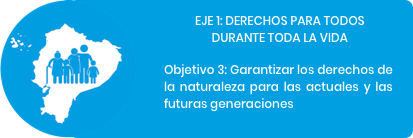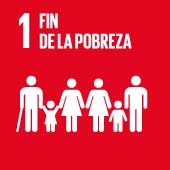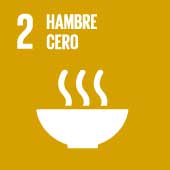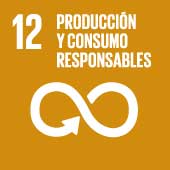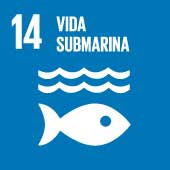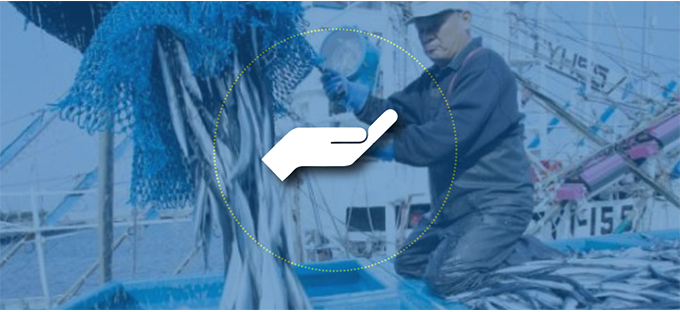
A fishery improvement project (FIP) is a collaborative effort of actors in the supply chain to improve the sustainability of a specific fishery. According to the SFP organization, the PIFs have a pragmatic and gradual approach to improve the sustainability of a fishery, encouraging long-term fishing, while continuing improvements are made along the supply chain (SFP, 2014). The FIPs can be complementary to the MSC certification by supporting the improvement of the fishery before entering the evaluation process.
The FIPs are recognized worldwide as they allow fisheries to highlight the efforts of members to improve their sustainability and eventually become certified. For more information about the FIPs in the world and what their current status is, visit www.fisheryprogress.com.
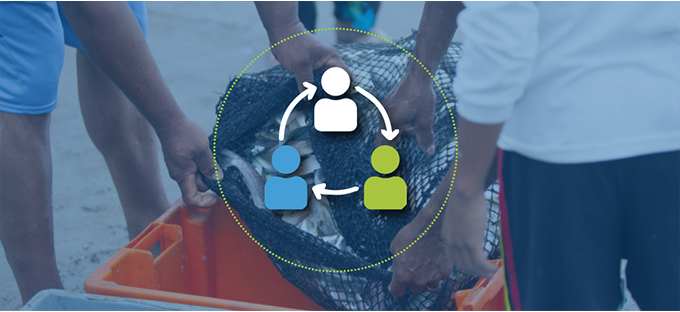
This FIP was developed in 2018 as an effort of 18 Ecuadorian companies in the supply chain to improve the sustainability of the fisheries associated with the reduction industry (fishmeal, fish oils, etc.). The FIP seeks to make measurable improvements in the management of the FISHERY, which covers 10 target species, and obtain certification under the IFFO RS standard. On October 16, 2018, the FIP was accepted into the IFFO RS improvement program, which is the first step towards certification. The FIP is led by the Chamber of Fisheries and has begun its implementation.
The project is assisting directly with the implementation of the FIP by providing technical assistance. In addition, the small pelagic fish platform will develop the NAP to improve the national sustainability of the fishery. These improvements will help IFJ members achieve IFFO RS certification.
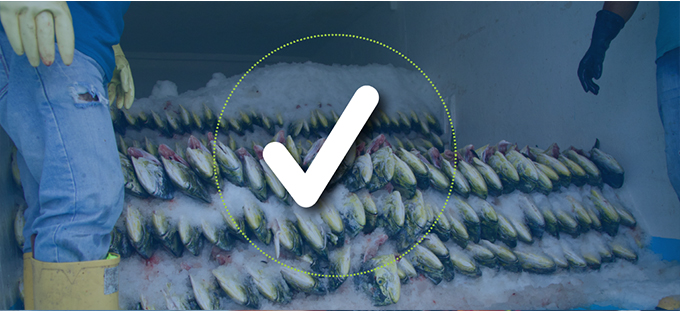
FIP of Dorado: most of the sector associated with the fishery of Dorado started the FIP in 2010 with the aim of improving the sustainability of the goldfish longline fishery and obtaining a certification against the MSC standard. The private sector and the government have taken several measures to improve the sustainability of fishing. These include the strengthening of data collection processes for dorado and associated species, the observer program, port inspections, among others.
The FIP still has to define reference points related to BMSY or a similar level of productivity, as well as the implementation of capture control rules that allow a receptive management before changes in the state of the stock. In addition, the nature of this fishery requires strong international cooperation between the Ecuadorian and Peruvian fisheries authorities to establish and enforce bi-national catch rules.
The GMC project will help the FIP to improve cooperation among regional mahi-mahi stakeholders (Ecuador, Peru and Costa Rica). In addition, stakeholders will participate in the Large Pelagic Platform to improve the governance of the fishery and update the NAP. Those activities will move the FIP one step closer to MSC certification.

